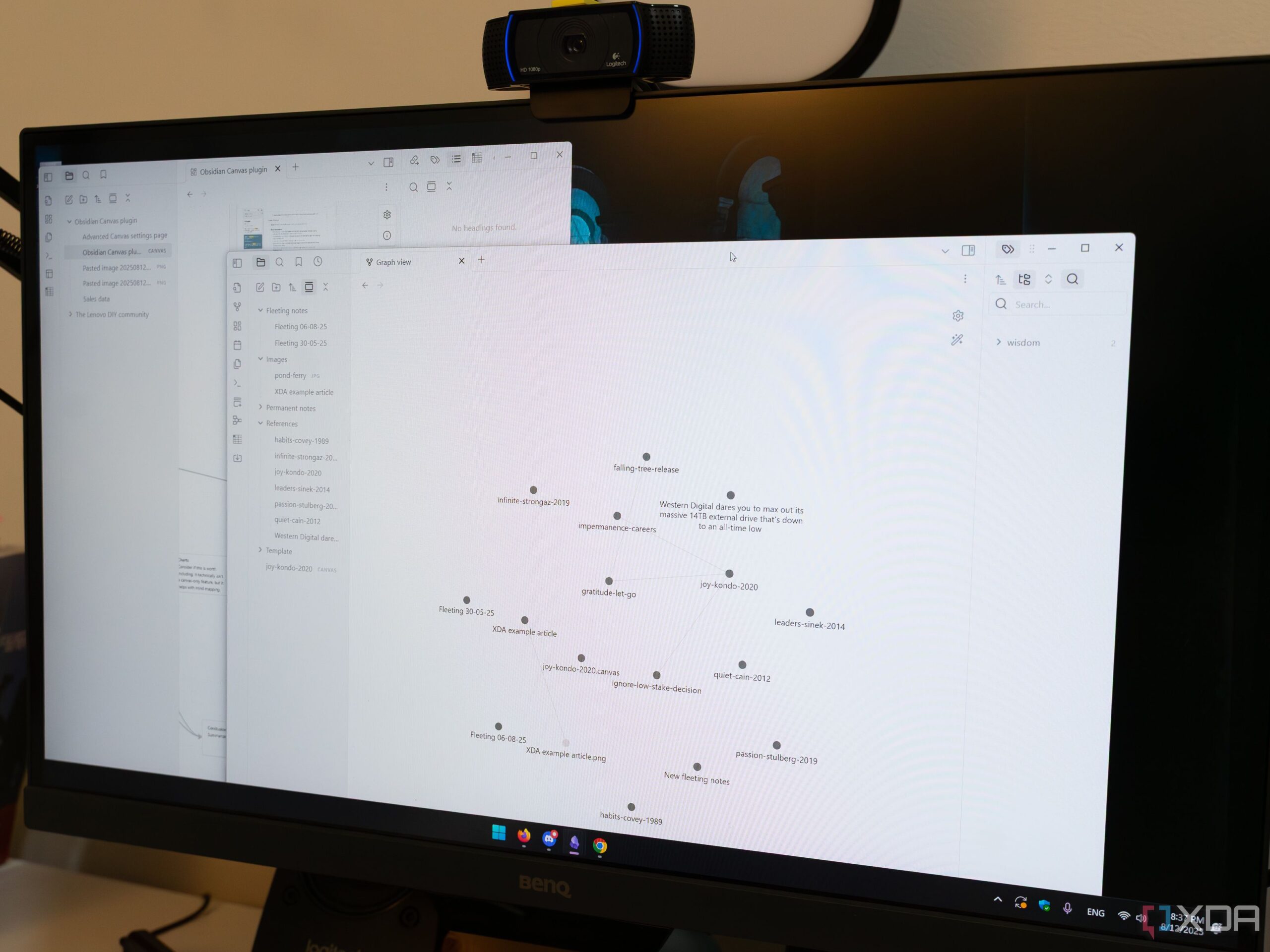As the demand for privacy and local storage in productivity tools rises, several offline-first applications have emerged that cater to users seeking to keep their documents and notes secure. These tools are particularly beneficial for individuals engaged in sensitive research, such as proprietary projects, intellectual property development, or legal documentation. By opting for offline solutions, users can mitigate risks associated with cloud-based storage, ensuring their data remains confidential.
Exploring Offline-First Options
Unlike mainstream applications that often require cloud storage, these offline-first tools allow users to work without the need for an internet connection. Services like Google Docs and Microsoft Office typically sync documents to cloud servers unless explicitly disabled, which can compromise privacy. In contrast, the following applications focus on local data storage while providing robust functionality for note-taking and document creation.
One of the standout tools is Joplin, a free and open-source application that operates entirely offline. It offers a user-friendly interface where individuals can create notes using plain text or Markdown. Joplin’s cross-platform capabilities enable it to function on various operating systems. Furthermore, users can self-host their data on personal devices, such as a Raspberry Pi, ensuring complete control over their information. With the ability to integrate plugins for sketches and flowcharts, Joplin is a versatile choice for both casual and advanced users.
Another notable application is Obsidian, designed for privacy-focused note-taking. This software allows users to link notes written in Markdown, facilitating the creation of comprehensive documents and journals. While it offers optional paid synchronization with end-to-end encryption, its primary strength lies in local storage. Users can immerse themselves in a powerful organizing system that significantly enhances productivity, particularly for those who appreciate a structured approach to their work.
Logseq presents yet another compelling option, allowing users to create tasks, journals, and notes with ease. Its offline-first interface promotes seamless project management, with features designed for those who desire complete control over their ideas and research. Logseq supports hierarchical outlines, which are particularly useful for organizing complex information. This cross-platform tool is compatible with Windows, Linux, and macOS, making it accessible to a wide audience.
For those who require a more traditional office suite, LibreOffice remains a strong contender. Unlike its cloud-based counterpart, LibreOffice enables users to create and store documents locally. The suite encompasses a variety of applications, including word processing, spreadsheets, and presentation tools. Users benefit from the security of offline storage while enjoying a comprehensive range of features. This software is available for multiple operating systems, including macOS, Windows, and Linux.
Lastly, Anytype provides a unique approach to organizing research and notes. With a modular and object-oriented framework, Anytype facilitates the creation of personalized workflows. This tool features a block editor, a template library, and databases for enhanced productivity. Anytype allows users to store all data locally, ensuring rapid load times. The user interface is customizable, enabling individuals to tailor their experience according to their preferences. While Anytype is free for offline use, it offers encrypted peer-to-peer synchronization and storage options starting at $96 annually.
The Importance of Data Privacy
Although applications like Google Docs and Microsoft Office offer convenience and collaboration features, they require user accounts and cloud storage, which may not align with the needs of privacy-conscious users. Offline-first tools provide an alternative that prioritizes data security and user control. By utilizing applications such as Joplin, Obsidian, Logseq, LibreOffice, and Anytype, individuals can maintain the confidentiality of their sensitive information while benefiting from robust productivity features.
In a world where data breaches and privacy concerns are increasingly prevalent, opting for offline-first productivity tools can provide peace of mind. Users can confidently engage in research and documentation without the fear of unintended exposure, allowing them to focus on their work with assurance.
